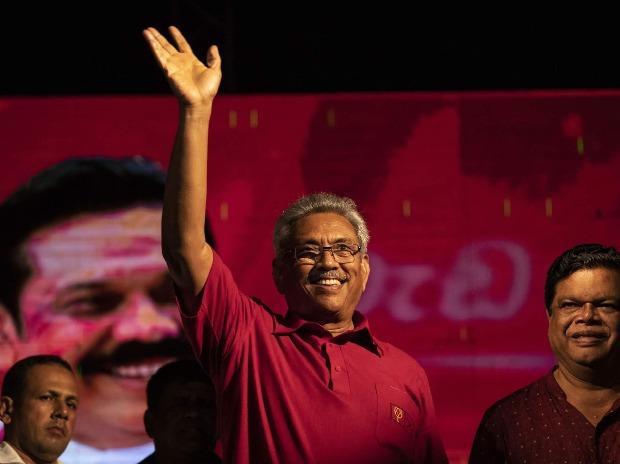
A family of strongmen are eyeing a return to power in Sri Lanka’s presidential election on Saturday, an outcome that could also shift the island nation back toward China.
The Rajapaksas, once a powerful force in the island nation’s politics who lost the presidency in 2015, are staging a comeback. This time Gotabaya Rajapaksa, 70, is running for the top job, backed by family members including his brother Mahinda, who enjoyed warm ties with Beijing during his 10-year rule.His main opponent is Sajith Premadasa, 52, a member of the ruling alliance that took power four years ago vowing to push for greater democracy, more transparent finances and an independent foreign policy that improved ties with India and the U.S. He also hails from a prominent political dynasty: His father served as president for four years until he was killed by a suicide bomber in 1993.
While there are no reliable polls on who will come out on top, the two men represent a stark choice for voters. A Rajapaksa victory could mean a throwback to the old authoritarian ways where opposing the government could have dangerous consequences. Premadasa focuses on national reconciliation in a country still recovering from a prolonged civil war and also promises greater market-based economic reforms.
At stake is the stability of a nation that has increasing strategic importance due in part to its proximity to some of the world’s most important sea lines. The winner will inherit an economy where growth has slowed to a more than five-year low of 1.6% in the quarter ended June, a debt level hovering at 83 per cent of gross domestic product and minority communities still reeling from the aftermath of deadly Easter bombings on churches and hotels.
There are fears that a Rajapaksa win “will return Sri Lanka to an era of impunity for human rights abuses and corruption,” said Paul Staniland, assistant professor of political science at the University of Chicago who specializes in researching political violence and international security in South Asia.....READ MORE
No comments:
Post a Comment